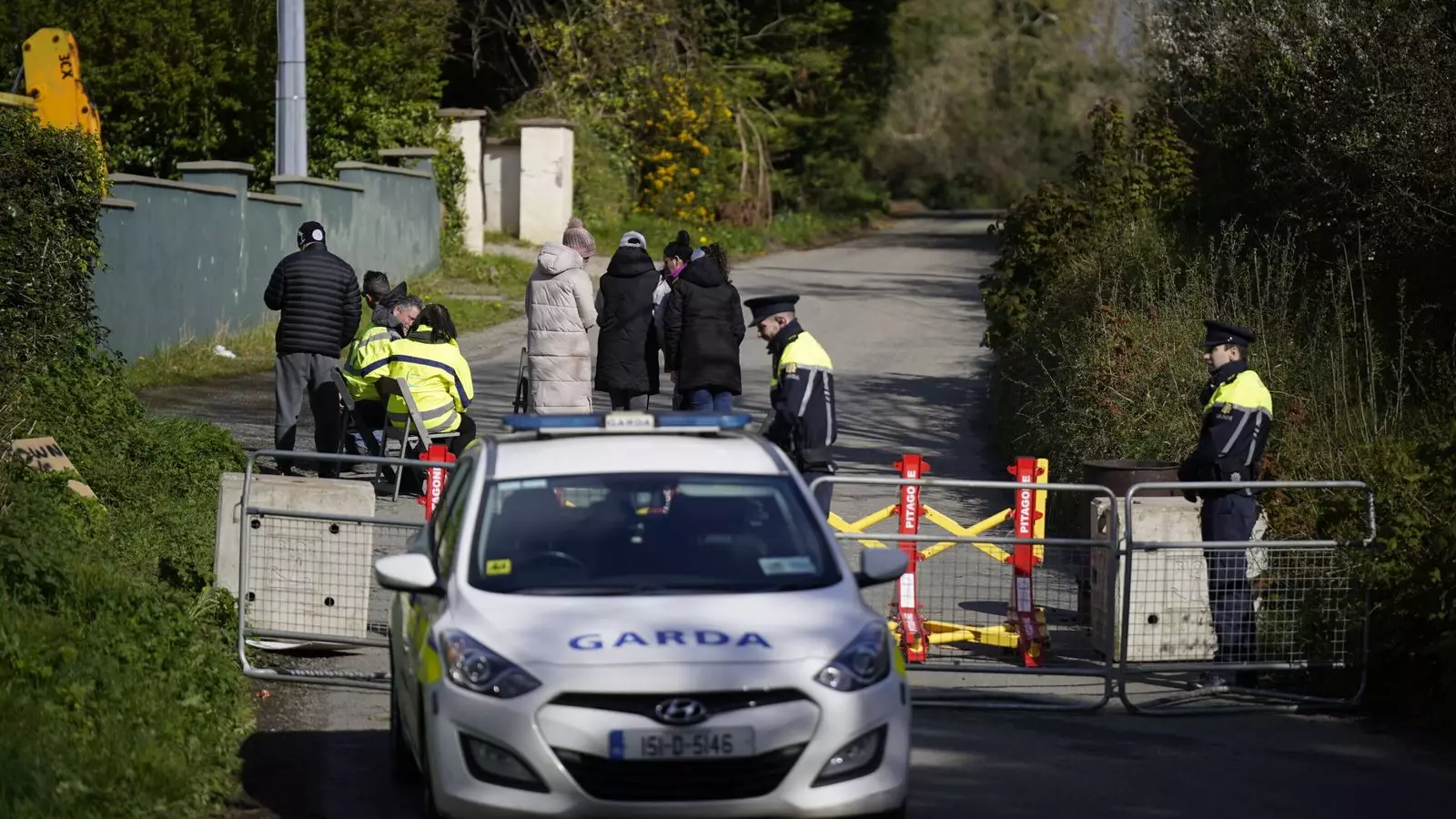The recent passing of the Rwanda Bill in the UK, which mandates the deportation of asylum seekers to the central African nation, regardless of the outcome of their application, has caused a ripple effect in neighboring countries, particularly Ireland. According to Ireland’s deputy prime minister, Micheal Martin, migrants are now opting to seek refuge in Ireland instead of the UK due to the fear of deportation to Rwanda.
The influx of asylum seekers and refugees into Ireland has led to growing concerns over immigration levels and accommodation shortages. With a housing crisis that has impacted both the local population and asylum seekers, tensions have been rising, as exemplified by recent protests and clashes with law enforcement. The situation in Newtownmountkennedy in Co Wicklow, where a protest erupted over the potential housing of asylum seekers, highlights the challenges faced by both migrants and the local community.
Justice Minister Helen McEntee has emphasized the prevalence of misinformation regarding migration, particularly in relation to asylum seekers entering Ireland through Northern Ireland. The open border between Northern Ireland and the Republic of Ireland, as guaranteed under the UK-EU Brexit treaty, has made it easier for migrants to seek asylum in Ireland. However, misconceptions and concerns over resources have fueled opposition to hosting asylum seekers in certain areas.
In light of the growing migrant population and the challenges faced by both asylum seekers and local communities, there is an urgent need for comprehensive immigration policies that prioritize human rights and integration. The EU Migration and Asylum Pact, promoted by Justice Minister McEntee as a potential solution, could serve as a framework for addressing the complex issues surrounding migration in Ireland.
As Ireland grapples with the impact of deportation policies in neighboring countries and the increasing number of asylum seekers seeking refuge within its borders, there is a pressing need for a coordinated response that prioritizes the well-being of migrants and addresses the concerns of local communities. By addressing misinformation, ensuring adequate resources, and implementing sustainable immigration policies, Ireland can navigate the challenges of migration while upholding its commitment to human rights and social cohesion.

Leave a Reply